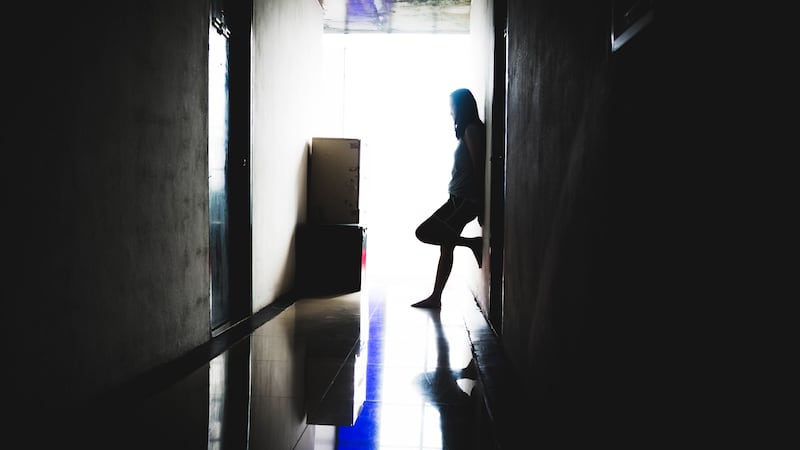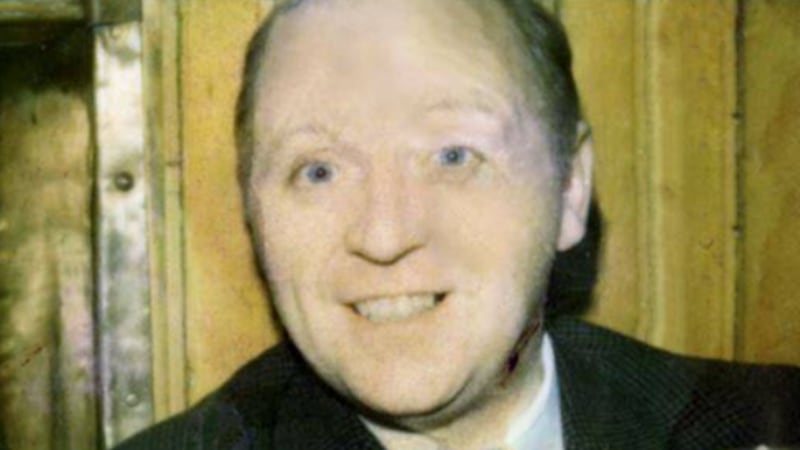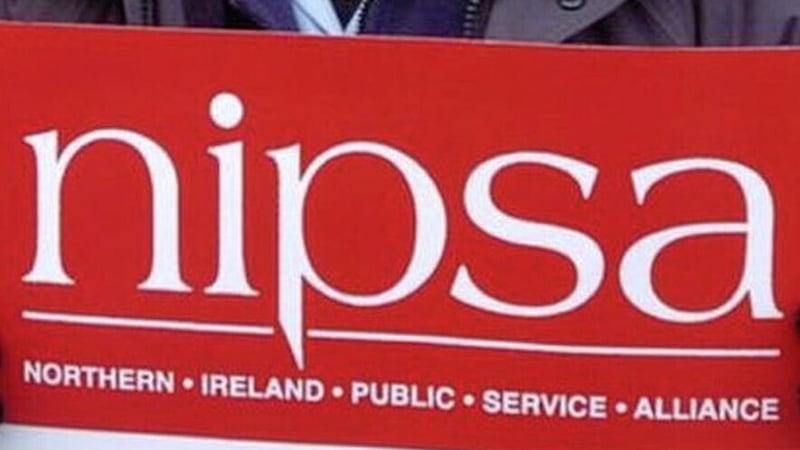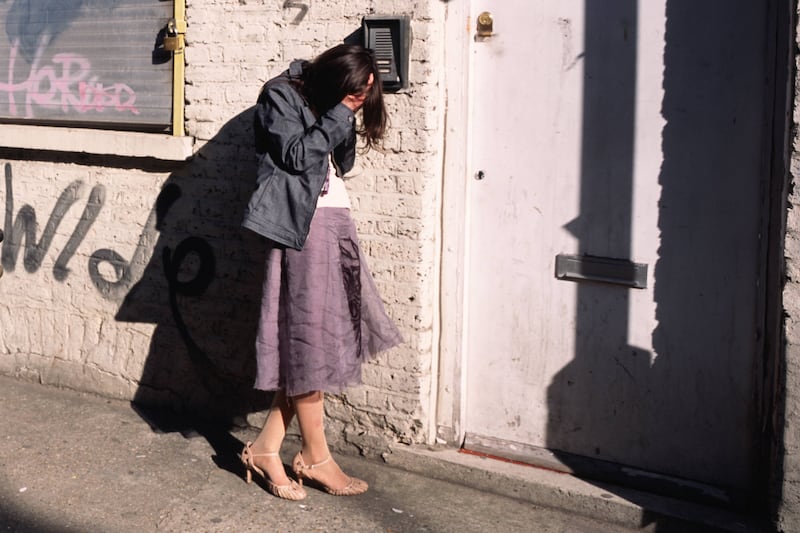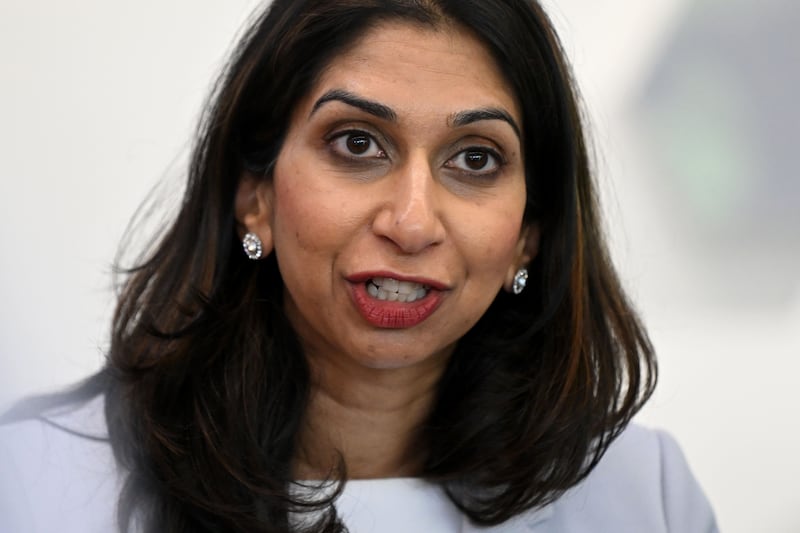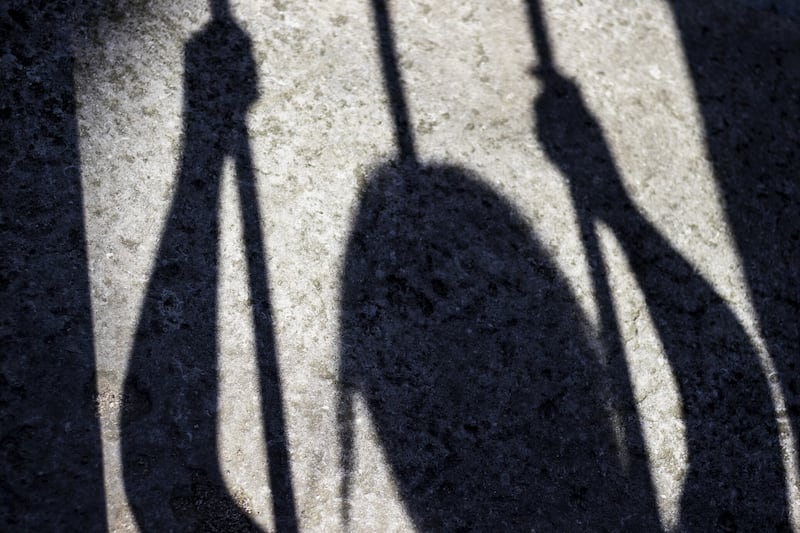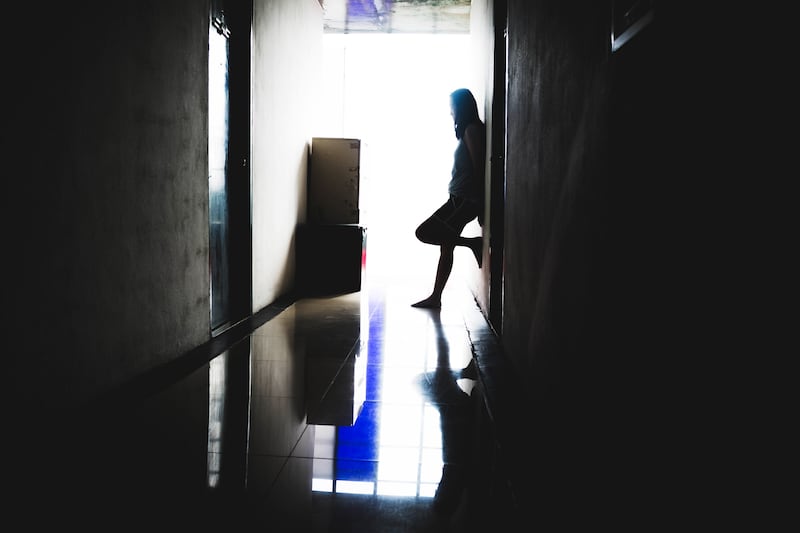There has been a 35 per cent increase in demand for services by victims of human trafficking and sexual exploitation in the Republic, according to a charity.
A report by Ruhama, published on Tuesday, reveals that it engaged with 497 individuals last year, with almost half seeking support from the charity for the first time.
Other figures show that 147 were victims of human trafficking, which represents a 68 per cent rise in new referrals of victims from 2021.
Its annual report also show that 212 individuals were impacted by prostitution, including 45 who were Irish nationals, while 138 individuals were at risk of sexual exploitation.
Barbara Condon from the charity said more work is needed to “protect women and girls from sexual violence and sexual exploitation".
“Ruhama works with some of the most marginalised and vulnerable women in society and witness daily how prostitution and sex trafficking is inherently violent, exploitative and demeaning to women," she said.
“The violence and complex trauma encountered can have a lifelong impact.
Read more:
Human trafficking ‘big problem' in Northern Ireland, says women's charity
Women's Aid Federation NI takes to Westminster to fight 'perilous' impending funding cuts
"We need to do more to prevent both and protect women and girls from sexual violence and sexual exploitation."
The charity has told of the experience of one woman, who believed she was travelling from Ghana to the UK to work in a store.
As reported by RTÉ, the woman named only as Erica, told of how her decision to move was prompted by the plight of her three daughters, who were living in hiding with their grand-aunt because her ex-husband wanted them to undergo female genital mutilation.
After learning a man was seeking young people to work at his store in the UK, she travelled to London and was told by her trip organisers to inform UK immigration that she was in the city to visit people.
"We took a car. We went to Croydon, then stayed there for two days and he said the work was in Belfast," she said.
She said after travelling to Belfast, "things started getting ugly" and she began to question what job she was expected to be taking on.
"I was in a room, with a bed. They said you stay here, and we will bring you someone," she said.
"That's when it clicked. Oh my God. Someone for what?"
#RuhamaReport2022 is now online. Thanks to everyone who made 2022 a year of growth for Ruhama - volunteers, staff, partners, funders & supporters. Most of all thanks to our service-users who teach us daily about resilience, gratitude & humanity. https://t.co/vaSV2gA6td pic.twitter.com/3swDvf3n5z
— Ruhama (@RuhamaAgency) October 17, 2023
Her terrifying ordeal, which lasted for five years, saw her imprisoned at an isolated farmhouse.
"When they brought in someone, I was screaming from the top of my head and shouting for everybody to hear me that this was happening to me and they told me you can shout as much as you like cry, do anything, nobody's going to hear you," she said.
She was kept in Belfast for two years before being moved to Newry and then Derry, where she attempted her escape.
Erica told of being brought to a club in Derry, where she met a man from Ghani, with whom she was able to talk in their own dialect.
Making a plan together, she had 20 minutes to try to escape the club, by asking permission to go to the bathroom.
"I kept looking back and saw that they were not looking," she said.
"So, I dashed out to the other side and then all of a sudden, I saw so many cars," she said.
The man was waving at her from his car, and she ran towards him.
"I said 'go; they are coming'. I told him 'just step on it, just step. They will catch us and kill the both of us' and he could see how I was shaking then, and he said 'you will be ok'," she added.
She stayed with the man for a few weeks, before he took her to the International Protection Agency in Dublin for help and she was referred to Ruhama.
The Republic's Minister for Justice Helen McEntee launched the report on Tuesday.
She is also set to publish a new National Action Plan on Human Trafficking soon, which will set out how the multi-agency work to combat human trafficking and support victims will be taken forward over the next four years.
